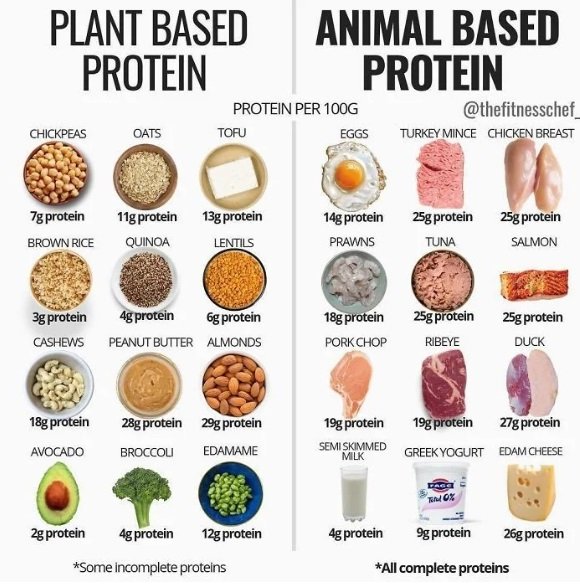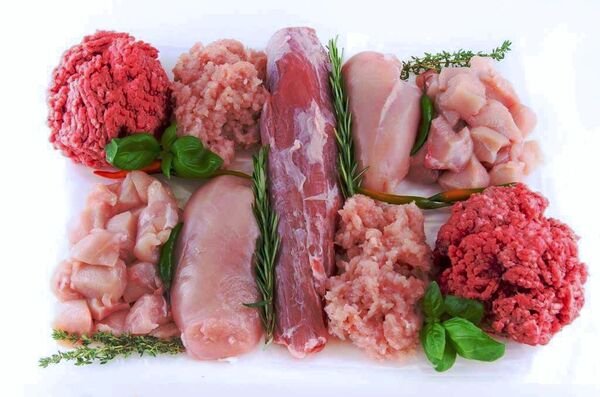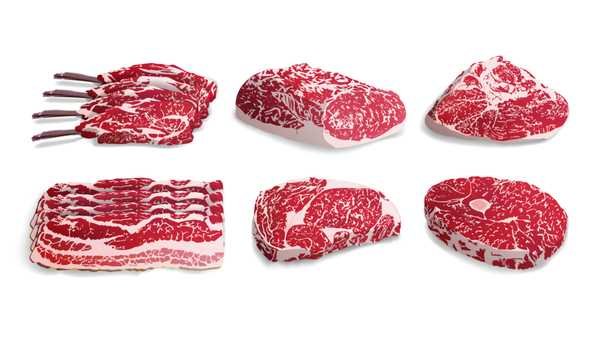
Don’t You Dare to Eat More Protein If You Have Diabetes? Eat Like This to Control Your Weight and Protect Your Kidneys
Many diabetics think that they can only avoid food when they are sick, and they dare not eat more protein for fear of damaging their kidneys. In fact, diabetics need to eat more protein to maintain their body’s mechanism! So how can diabetics eat protein to strengthen their bodies without damaging their kidneys? Let us tell you how to eat it!
Why do diabetics also need to eat protein?
Protein foods are often considered to be high-calorie and high-cholesterol foods, so diabetic patients do not dare to increase their intake of protein foods during dietary control. Doing this not only easily causes hunger while reducing sugar, but also makes you hungry before the next meal. Therefore, you may eat sugary snacks (biscuits, bread) and other foods to satisfy your hunger. causing blood sugar to rise again.
Digestion of sugary foods will increase blood sugar, thereby stimulating the secretion of insulin. Insulin can lower blood sugar, but it also promotes the synthesis of fat, converting the glucose produced by the food eaten into fat for storage. Therefore, a sugar-reducing diet can reduce the rise in blood sugar and avoid fat storage.
In a sugar-reducing diet, it is necessary to moderately increase the intake of protein and high-quality oils, and avoid oil-free cooking methods such as blanching vegetables and boiling meals. Oil will delay the time food stays in the intestines and stomach, increase satiety and add flavor to food, so even when eating lettuce salad, you can add an appropriate amount of olive oil to add deliciousness.
Protein intake is positively correlated with muscle mass
The main components of the human brain, nerves, muscles, internal organs, blood, skin, and even nails and hair are proteins; the production of antibodies against diseases is also related to proteins. Protein also plays an extremely important role in the human body by providing energy and transporting nutrients.
When protein intake is insufficient, the most obvious phenomenon is a reduction in muscle mass, and muscle will gradually be lost in the long run. When muscles are reduced, the body’s ability to consume calories will be reduced, resulting in a slower metabolic rate, making it easier to gain weight, and more likely to develop sarcopenia, which will seriously affect daily life functions.
For the elderly with insufficient protein intake, it is recommended to increase their dietary protein intake, which can increase muscle mass. On the contrary, young people with exercise habits cannot increase muscle mass if they do not consume enough protein.

Sufficient protein is needed to maintain body metabolism
How to increase protein intake in the diet and build muscle? First of all, we must first understand that food protein sources can be divided into plant-based proteins and animal-based proteins. Common proteins include soy products, meat, seafood and eggs. Ingesting enough protein can maintain metabolism. It is generally recommended for adults to have 3 to 4 servings of protein per meal (1 serving per 7 grams of protein, 1 tael of meat and 1 egg each have 1 serving of protein; 1 chicken leg has about 2 servings of protein) .
It is about 1.2 to 1.5 grams of protein per kilogram of body weight. For patients with renal insufficiency, it can be slightly reduced by about 20%. However, the protein intake cannot be too low, resulting in insufficient protein. If you want to know more about how much protein you need, Professional nutritionists can provide overall planning and advice.
Animal protein is meat. According to the fat content, it can be divided into low-fat, medium-fat, high-fat, and ultra-high-fat meat. Animal fat contains high saturated fat. It is recommended to choose low-fat or medium-fat meat.
Low Fat Meat

High Fat Meat













